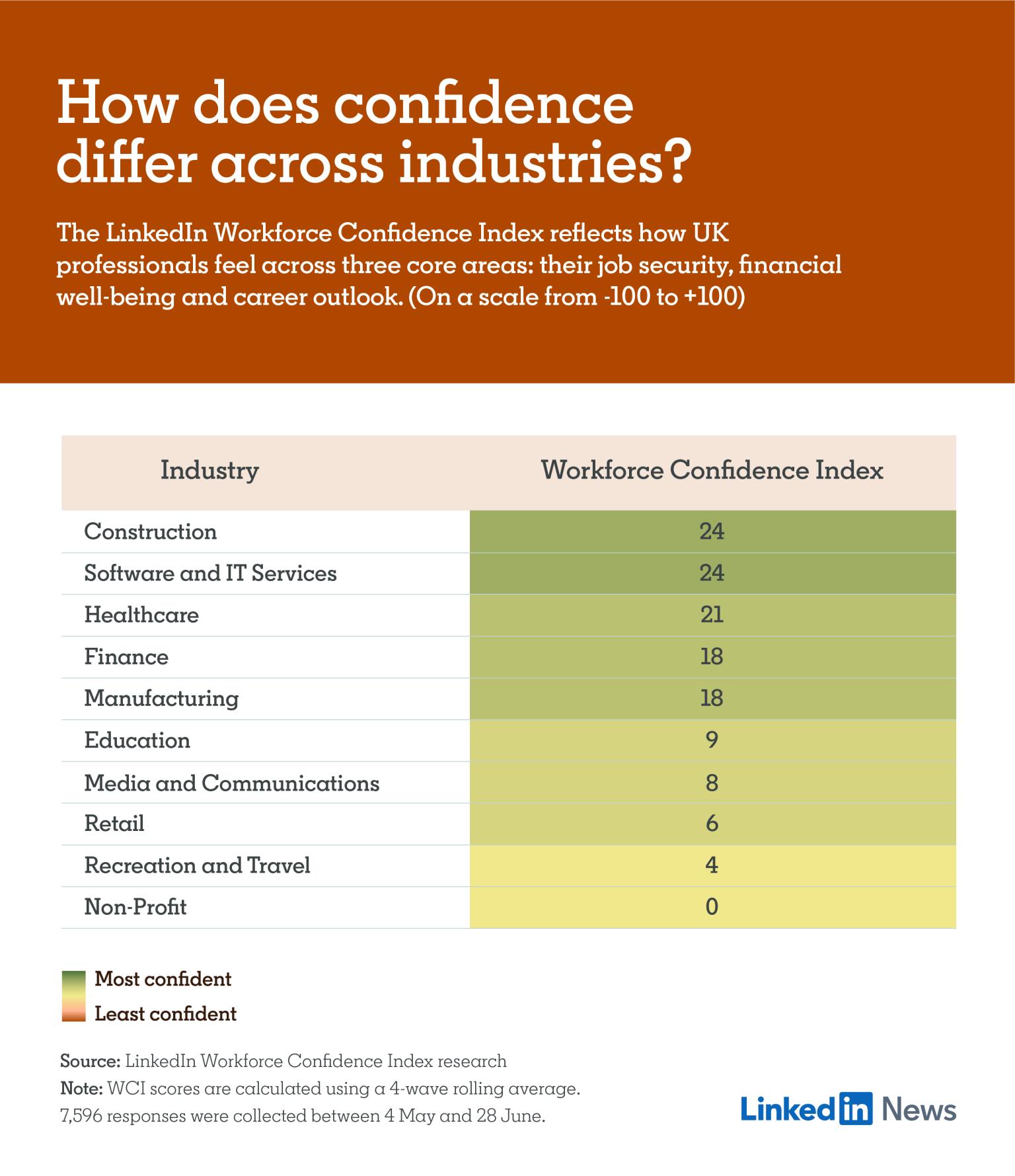"You cannot go back and change the beginning, but you can start where you are and change the ending." - Vala Afshar, June 2020

Right now, we find ourselves singularly and collectively living through a period of change whose outcome none of us can confidently predict. The COVID-19 pandemic and consequent lockdown are events that have become huge catalysts for change, the likes of which we have not seen for generations.
Will things ever return to 'normal'? That's what we're all asking - habits have changed or been broken for us, and that has given many of us the space and time to think about the future and do a bit of soul searching. From a career point of view, there are certainly some deep questions to consider: Where am I going? What is my end goal? Have I just been going through the motions, conforming to a pattern because that's what everyone else was doing - just getting on or getting by?
Here's one positive thing about the lockdown: it's shown us that other ways are possible and that not everything is predetermined. We are allowed to think differently now, and where you go from this point in your life - and your career - depends on you and your decisions as an individual.
How we learn new skills is crucial, and the speed of change in learning has been breathtaking. Universities are under threat because people are now wondering if there's something better and less expensive they could be doing to progress their careers. What are my other options, you might ask, and are traditional institutions really worth the price tag?
As an aside and by way of an example, school teaching - while undoubtedly an indispensable profession - is having to dramatically rethink its approach. Other viable ways of educating have emerged in recent months; online learning has become the new norm in some areas, with the benefits now outweighing the negatives for many. It's another example of the 'interruption of the established ways of doing things' that can have unintended consequences and lead to better solutions that focus on the outcomes or the 'goal' first and foremost.
Access Training Academies' online learning portal is a result of challenging 'the norm' and a reflection of this period of change.
There are even more drastic changes that have grown beyond all expectations. The way we consume goods and services has altered dramatically and will affect our economic model forever; with it, the jobs and careers that many are currently pursuing will change or may be negatively affected. We are clearly seeing the entertainment and hospitality sectors being badly affected, and retailers are suffering from a lack of footfall in shopping centres and high streets due to a surge in online shopping. Is this a new 'normal'? People are certainly now thinking of where to go with their careers and what their aspirations are.
Above all, everyone will want job security and to be at ease with their future prospects, as the current uncertainty has affected every part of our lives and the wider economy. LinkedIn, the social network that focuses on professional networking and career development, last week published a Workforce Confidence report showing how confident UK professionals are feeling about their job security, financial wellbeing and career prospects.

Source: LinkedIn
"The latest data shows professionals working in the Construction and Software & IT Services industries are feeling most confident, with a score of 24, followed by Healthcare (21), Finance (18) and Manufacturing (18). Several industries were found to have a score of below 10, with Nonprofits feeling the least confident, with a score of 0, followed by Recreation & Travel (4) and Retail (6)."
The construction industry is one of two sectors with the highest level of confidence reported; job security could be high for the next few decades. The recent announcement by the UK Government regarding huge infrastructure investment means the future is bright in this sector.
The sheer volume of available construction work has increased and will continue to increase a great deal over the short, medium and long term, with lots of work required in terms of erecting buildings and modern infrastructure. Furthermore, older buildings will continue needing to be restored or refurbished, so there should be no shortage of work for tradespeople. New, sustainable practices have brought about the need for a greater volume of hi-tech construction projects, which will of course continue to require a steady supply of workers over the coming years.
The COVID-19 lockdown has not been a positive experience overall, but if there's a silver lining, it's that the lockdown has given many of us the chance to wonder where we are going and why. Maintaining a constant level of happiness throughout our lives is paramount; despite events that are out of our control, we all continually work to maintain that certain level of happiness. Making changes - such as shifting our values, our attention and our goals - allows us to be alert to our situation, and having a stable, rewarding and fulfilling career is central to that. A career in construction could be the solution for you.
Learn your trade. Get qualified. Make it happen.
Contact Access Training Browse Training Courses
Photo from Pexels